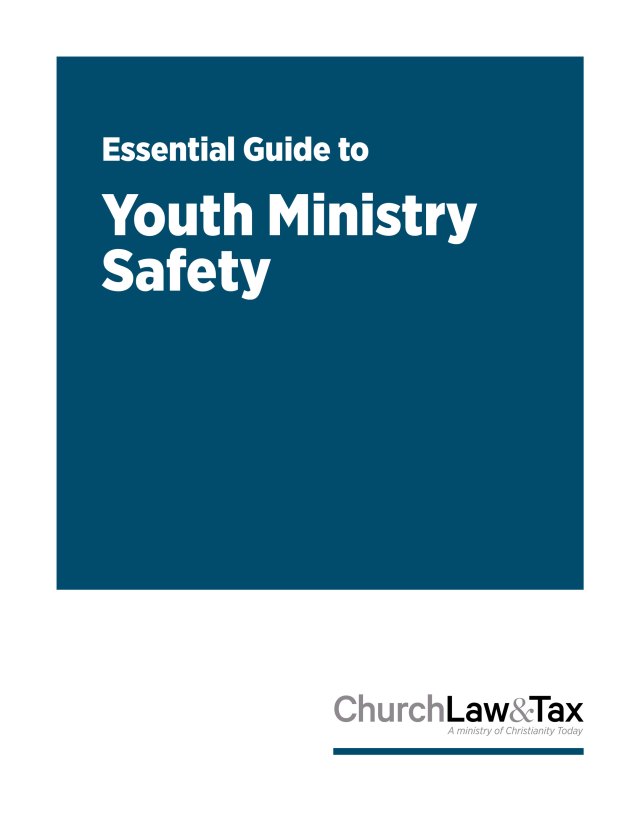• Key point 10-12. Churches face a number of legal risks when they offer counseling services by ministers or laypersons. These include negligent selection, retention, or supervision of a counselor who engages in sexual misconduct or negligent counseling. A church also may be vicariously liable for a counselor’s failure to report child abuse, breach of confidentiality, and breach of a fiduciary relationship. Seduction of Counselees and Church Members
• Key point 10-12.1. Churches can reduce the risk of liability associated with pastoral or lay counseling by adopting risk management policies and procedures.
The Wisconsin Supreme Court ruled that a counselor could be legally responsible for creating false memories of child abuse. This case should be studied by any pastor or lay counselor who provides counseling services. A young woman (“Nancy”) suffered from a variety of psychiatric problems, including anxiety, panic attacks, and severe depression, and on at least one occasion required psychiatric hospitalization. When she was 25 years old, Nancy began seeing a counselor who allegedly convinced her that her emotional problems all stemmed from the fact that she had been sexually abused by her father when she was a young child. Nancy confronted her father with this accusation, who categorically denied it. Shortly after this confrontation, Nancy discontinued all contacts with her parents and changed her name to make it more difficult for her parents to find her. She had no direct contact with her parents for the next 10 years. When she was 29 years old, Nancy’s counselor referred her to another counselor, who saw her on more than 50 occasions over the next 7 years. During the course of this relationship, Nancy came to believe that she had been sexually abused not only by her father, but also by her paternal grandfather, her uncle, her brother, and two pastors. Nancy died of cancer at the age of 37. Her parents did not learn of her death until 6 months later. They later sued the second counselor, claiming that their daughter had developed false memories of sexual abuse by her father as a result of the counselor’s negligent treatment, and that these false memories permanently alienated their daughter from them.
The Wisconsin Supreme Court concluded that the parents could sue the counselor for damages. It observed:
It is indisputable that being labeled a child abuser is one of the most loathsome labels in society and most often results in grave physical, emotional, professional, and personal ramifications. We are quite confident that negligent treatment which encourages false accusations of sexual abuse is highly culpable for the resulting injury ….
Application. This case illustrates the risks assumed by counselors who create false “memories” of childhood sexual abuse in counselees. When the alleged offender is the counselee’s parent, this can have especially devastating consequences, including family alienation and disintegration. In this case, Nancy did not see her parents for the last 10 years of her life, and her parents were not aware of her death for 6 months. Pastors and lay counselors who create such memories in the minds of others must recognize that they are exposing themselves and their churches to astronomical legal damages in the event of a lawsuit, and may be permanently destroying the relationship between the counselee and his or her parents. Clergy and lay church counselors should strictly avoid this highly volatile and questionable “therapy”, whether licensed or not. Churches can manage this risk in several ways, including the adoption of a counseling policy that (1) forbids pastoral or lay counselors from engaging in any therapy that creates a memory of childhood sexual abuse; and (2) requires pastoral or lay counselors who suspect that a counselee may have been sexually abused as a child to immediately refer the person to another mental health professional who is unconnected with the church. The policy should be communicated to all counselors, and counselors should sign a statement agreeing to abide by it. Pastors certainly can continue to engage in spiritual counseling with persons whom they suspect were victims of childhood sexual abuse, but they should avoid any suggestion to a counselee that he or she may have been sexually abused as a child. Sawyer v. Midelfort, 595 N.W.2d 423 (Wisc. 1999).
© Copyright 2000 by Church Law & Tax Report. All rights reserved. This publication is designed to provide accurate and authoritative information in regard to the subject matter covered. It is provided with the understanding that the publisher is not engaged in rendering legal, accounting, or other professional service. If legal advice or other expert assistance is required, the services of a competent professional person should be sought. Church Law & Tax Report, PO Box 1098, Matthews, NC 28106. Reference Code: m37 m10 m29 c0600




